I was diagnosed with ADHD when I was in high school but I never actually followed through with taking medication. I made it through school (with a whole lot of stress) and I'm feeling like I'm really struggling now between my job and trying to manage my home life. I always thought that I'd just outgrow this ADHD thing now that I'm an adult. Why can't I seem to move past my ADHD?
A common misconception is that ADHD can simply be treated in childhood and eventually go away. While that would be great, most adults don't outgrow their ADHD symptoms. ADHD affects 6 to 9 percent of children, and clinically significant symptoms persist into adulthood in 60 percent of cases. Unfortunately, untreated ADHD can have some pretty rough consequences for adults.
Untreated ADHD can lead to challenges with maintaining a household and trouble managing emotions due to impulsive decision-making. This can also cause strained relationships, making it harder to maintain friendships or romantic relationships. Untreated ADHD symptoms can also damage your career as it becomes increasingly difficult for you to meet deadlines, stay focused at work, and manage all of your responsibilities. And if you allow this pattern to persist, you're derailing your professional goals and hindering your true earning potential.
Another commonality among adults with untreated ADHD is the tendency to self-medicate and overuse substances like drugs and alcohol, which can lead to addiction. This study from 2020 indicated that 34-46% of individuals who seek treatment for a cannabis use disorder also have ADHD.
Not only does untreated ADHD negatively impact your physical health, but left untreated, ADHD can also lower your self-esteem. In a Washington Post article, a mother reports her experiences of feelings "less-than" due to her undiagnosed ADHD symptoms. Going through your daily life, constantly being told you're lazy, messy, or scattered can eat away at your confidence, as you start to believe that you're fundamentally flawed.
If you're opposed to medication, there are other treatment options to manage your ADHD. Among those options include therapy and executive function coaching. After all, executive function challenges are the core of ADHD. Getting the support you need to manage your condition can have life-changing effects on both you and your family. ADHD does not simply go away with age. You don't need to struggle. There's a better way!

.png?width=891&height=346&name=WorkSmart%20(2).png)








